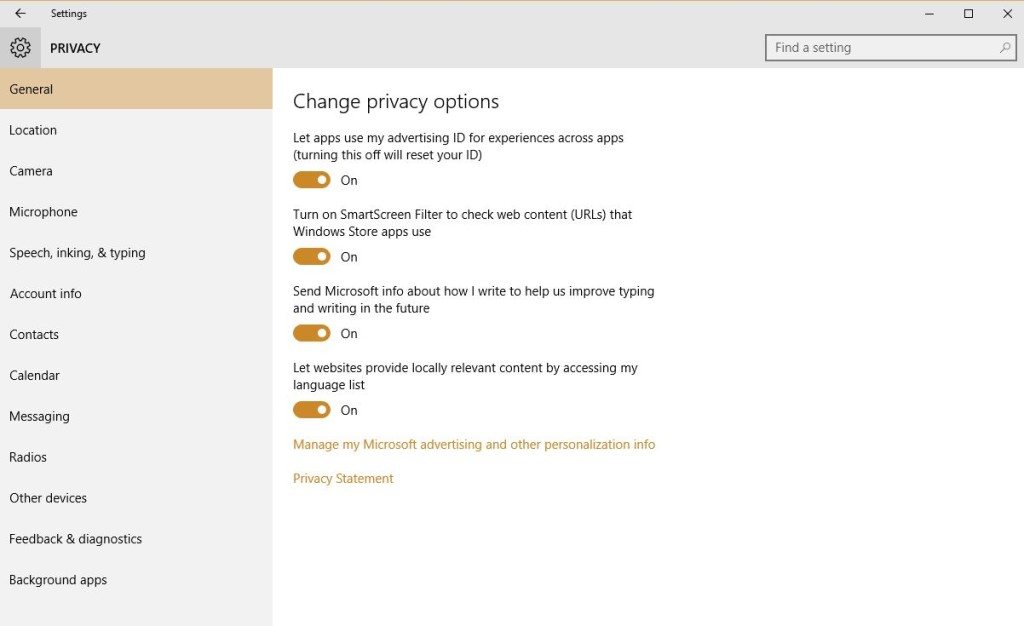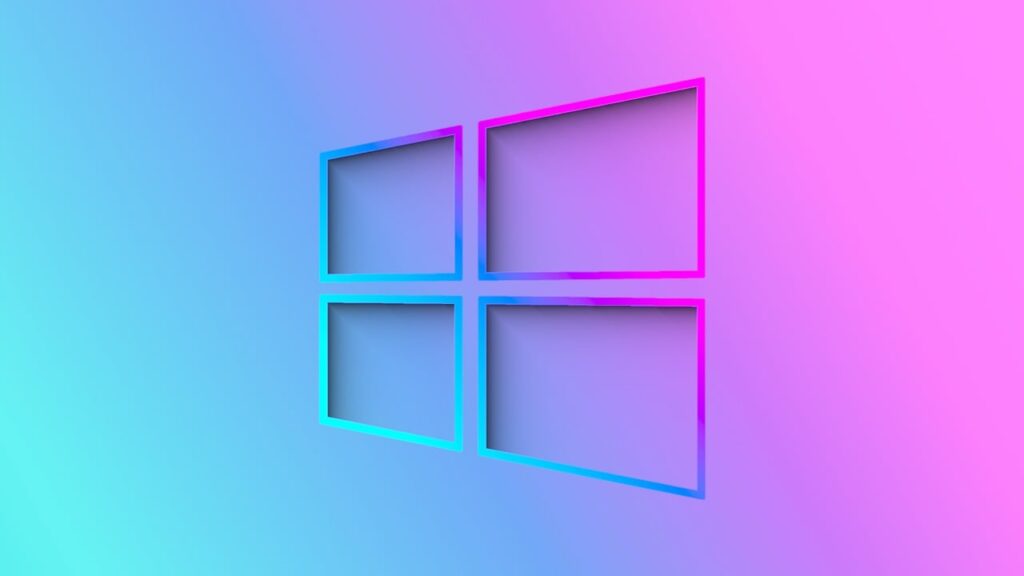Stay calm and Windows on. Microsoft is not Big Brother and Windows 10 is not an evil tool for spying on you. Granted–it is capable of knowing and monitoring a great many things about you. Sharing information with Windows 10 does involve some tradeoff of privacy but it enables a more powerful OS experience in exchange. Most importantly, you have the ability to just turn off features and capabilities if you feel like you’re being “spied” on and don’t think the benefit is worth the loss of privacy.
I wrote this blog post about the backlash over Windows 10 privacy:
There is a lot of concern and backlash over the default privacy settings in Windows 10. It’s understandable to an extent but there’s a fine line between healthy skepticism and tinfoil hat conspiracy theory. Windows 10 has a lot of privacy implications tied into its functionality, but that doesn’t necessarily mean that Microsoft is actively spying on everyone a’ la the NSA.
A recent post from NetworkWorld talks about BitTorrent tracker sites blocking Windows 10 over privacy concerns. The issue is related to verbiage in the Microsoft EULA and privacy policies that states:
“We may automatically check your version of the software, which is necessary to provide the Services and download software updates or configuration changes, without charging you, to update, enhance and further develop the Services, including those that prevent you from accessing the Services, playing counterfeit games or using unauthorized hardware peripheral devices.”
That’s just one of the privacy issues. I don’t agree with wholesale spying in the name of law enforcement or security but when it comes to BitTorrent the Eric Schmidt quote from 2009 seems apropos: “If you have something that you don’t want anyone to know, maybe you shouldn’t be doing it in the first place.”
I realize there are legitimate uses of BitTorrent and legal content available, but there’s also a lot of illegitimate illegal content as well. My primary perception of BitTorrent is that it’s where you go when you want to find pirated content that you can’t or choose not to afford, or that isn’t available in your area but you want it anyway. I can understand why someone distributing or downloading illegal content might take exception to having Microsoft monitor and report that activity—but that doesn’t make Microsoft or Windows 10 the bad guy.
Read the full story–including why Windows 10 isn’t the worst thing to happen to privacy–on CSOOnline: Is Windows 10 the end of privacy as we know it?
- Algorithms, Thought Leadership, and the Future of Digital Influence - December 31, 2025
- The Accessories You Need for Your New Gadgets After the Holidays - December 29, 2025
- Shadow AI, Cybersecurity, and the Evolving Threat Landscape - December 28, 2025




Why does Windows 10 open an encrypted network connection back to MS every time you open an image file, even with all privacy settings turned on?
https://www.youtube.com/watch?v=Gghj03J_ri0